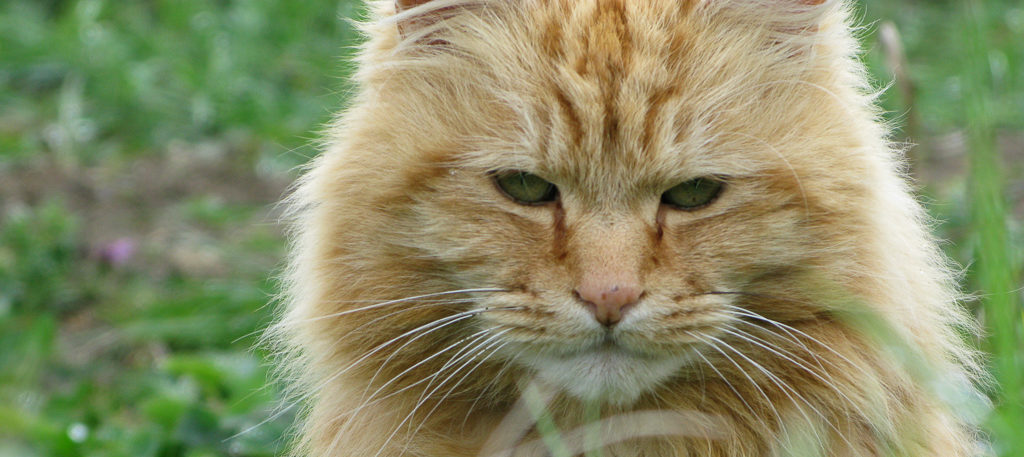The allotment agreement says:
“Para 2 (g) Not to do or permit to be done on the allotment garden anything which might be or become a nuisance or annoyance to the Council or to the tenants of the adjoining neighbours allotment gardens or to the owners or occupiers of neighbouring property and in particular and without prejudice to the foregoing to use his best endeavours to prevent any nuisance or annoyance which may arise from burning rubbish”
The National Allotment Society offers the following useful guidance on bonfires
Always observe the simp.le courtesy of letting your neighbours know when you intend to light the fire.
Always check the stack intended for burning to look for hibernating hedgehogs and other animals that may be in it. Start the bonfire at a a safe distance away from the stack.
Smoke hangs in the air on damp days and in the evening; so try and avoid lighting a fire under such conditions.
Avoid burning on windy days as the prevailing wind direction may blow smoke or sparks directly into neighbouring properties.
Only burn dry material and NEVER burn household rubbish or anything containing plastic, foam or paint. Do no take rubbish to the site to burn.
Never under any circumstances use an accelerator (e.g.petrol) to get the bonfire started.
Never leave the bonfire unattended and always wait until everything has burned down before leaving the site. Never use water to douse a bonfire; it may appear as if the fire has been safely put out but the water only serves to superheat the ashes and they could re-ignite some hours later. When you have to leave the bonfire site always throw soil or sand over it to smother the heat source.
